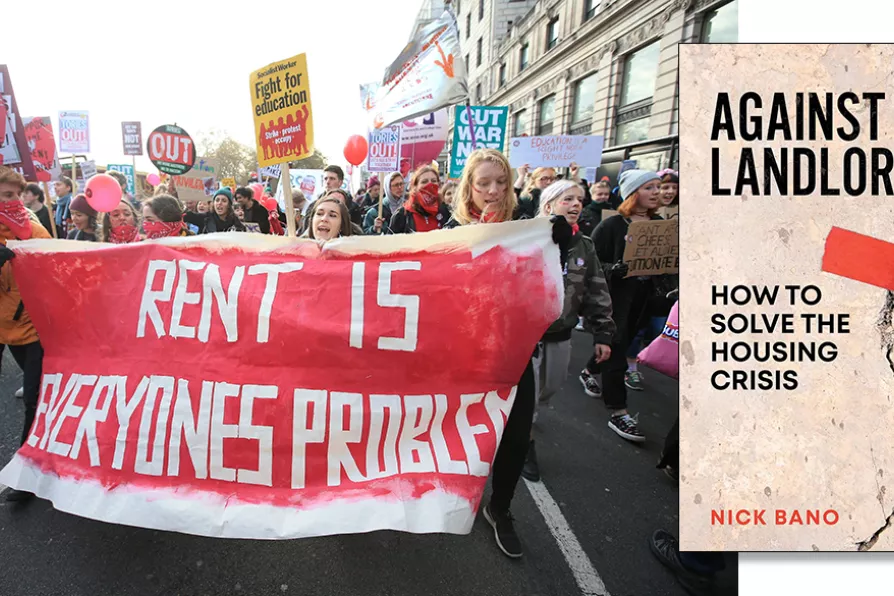GEOFF BOTTOMS applauds a version set amid the violent conflicts of the 19th century west African Oyo empire before the intervention of British colonialism
The right to live
MARTIN GRAHAM recommends an excellent starting point for unions and the wider movement for discussion of the housing crisis

 Protestors take part in a demonstration, United for Education, marching along Piccadilly in London, over access and quality of higher education, November 2016
Protestors take part in a demonstration, United for Education, marching along Piccadilly in London, over access and quality of higher education, November 2016
Against landlords – how to solve the housing crisis
Nick Bano, Verso, £16.99
HOW can we solve the housing crisis? The government is set on relaxing planning restrictions in the hope that the private sector will step in and build the houses we need. Nick Bano disagrees.
In his book Against Landlords – how to solve the housing crisis he argues that there is no shortage of houses – it’s simply that the prices are too high and this is caused by the high level of rent that landlords can extract with impunity from renters.
He introduces his book with an apposite quote from Marx: “Poverty is a more fruitful source for house-rent than the [silver] mines of Potosi were for Spain... One section of society here demands a tribute from the other for the very rights to live on the earth.”
Similar stories

JOE BESWICK of the London Renters Union talks to the Morning Star’s new Left on Record programme

RICHARD CLARKE recommends a hugely valuable text for those seeking theoretical analysis and practical action to defend public services












